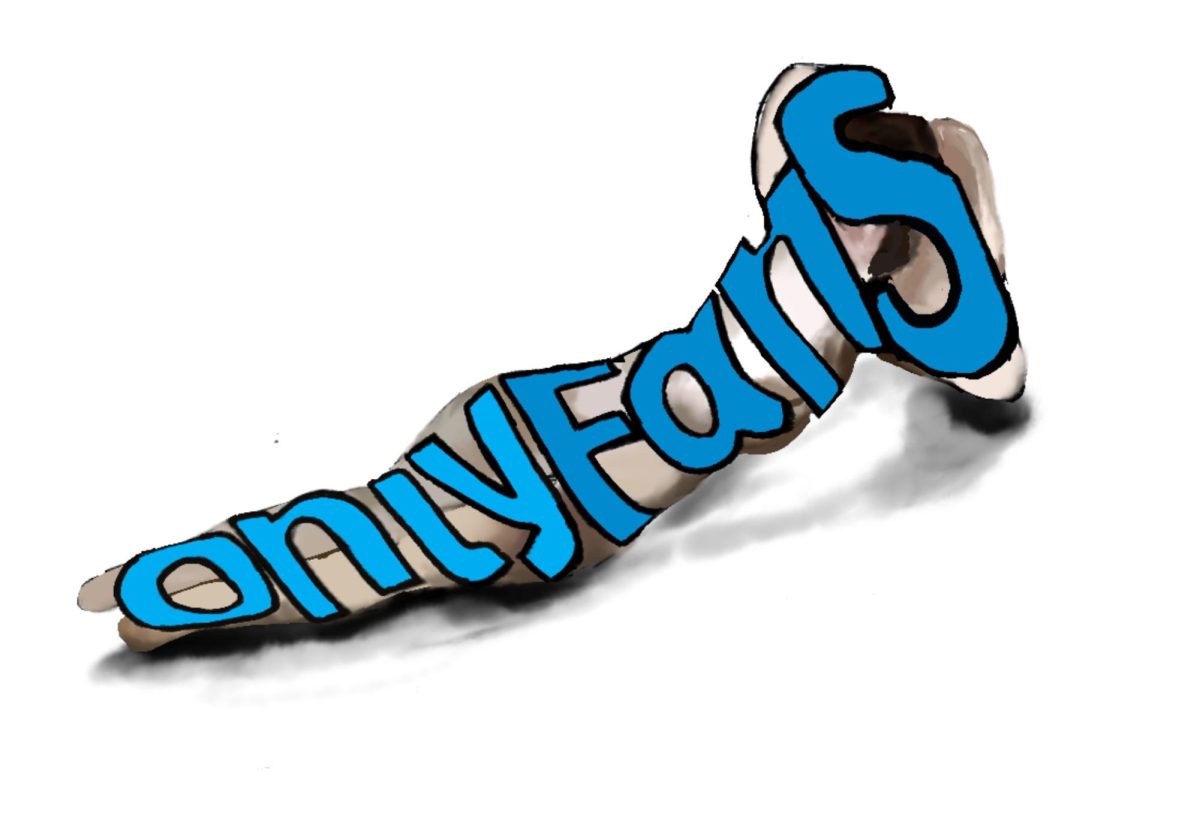When you close your eyes and imagine your dream life, what do you see? The answer varies for each person, yet common themes often emerge: wealth, beauty, fame, love, and minimal work. In recent years, a specific career path has gained traction on social media, promising all of this with little effort or formal education.
The sexual entertainment industry.
Platforms like OnlyFans have skyrocketed in popularity, with creators using TikTok to showcase their glamorous lifestyles. One of the most well-known examples is the Bop House, a group of OnlyFans influencers who share videos of themselves dancing in designer outfits, flying on private jets, and mingling with the most famous influencers and celebrities.
The Bop House at first glance seems harmless, nothing special compared to the several other influencer ‘houses’ running the internet, but in reality it is pushing a dangerous fake narrative that are grooming young girls into the sex entertainment industry by normalising and glamourising the life of a pornstar.
Not everything is untrue; the content creators of the Bop House do indeed make thousands and sometimes even millions a month just from selling pictures and videos of themselves. However, what people don’t understand is that the entertainment industry, including the sexual one, is far too similar to Hollywood. It’s hit or miss; you either hit big and become viral, or you don’t. There are 3.5 million creators on OnlyFans, with a majority of creators making less than 100 USD a month. This is not even enough to sustain a normal, minimum-wage lifestyle, let alone even a sliver of the lifestyle the Bop House promotes on its platforms.
The problem isn’t the sexual entertainment industry (that’s a whole other issue in itself); it’s the overglorification of the financial situation that OnlyFans can offer you. The truth is that if you don’t fit a certain beauty standard, your chances of making a living exclusively from OnlyFans are very low and mostly unattainable. And with that is created an increasingly unrealistic beauty standard for young girls and women. A large majority of OnlyFans creators have had a certain amount of work done, however, they are not open about it and let people believe that their looks are something they came about naturally. This causes men and boys to have high expectations and creates dysmorphia in girls. The advertisement of this industry creates an effect of jealousy in the viewers because they make it seem like something easy, healthy, and profitable, when the reality is quite the opposite.
Another striking element is that they are feeding off the idea of ‘innocence’ and ‘youth’ and essentially normalising pedophiliac fantasies. Sophie Rain, a member of the Bop House, is popular because she looks ‘young for her age’ and is a virgin. Several of the Bop House members have braces, making them look like they’re in their teens, which only plays into this narrative. There has been recent controversy around them bringing Piper Rockelle, a famous child influencer, into the house despite her being a minor, dressing her up in the same clothes as them, and hinting that once she turns 18, she will become an official member, especially grooming her into that industry. The danger is that if we normalize pedophilia online and in the sex industry, there is a risk of it becoming increasingly common in real life.
We’re not saying that those working in the sexual entertainment industry should be quiet. In fact, after years of being discriminated against in society, it is empowering to see them come out, be public, and share their stories. We’re saying that there is a right way and a dangerous way to do that. Ari Kystya is an example of the ‘right way’. She is very public about her life as a pornstar and how it makes her a lot of money. Simultaneously she shows the harsh reality of her job, encourages girls to try other careers before going into porn, and is very open about the amount of work she has gotten done and how she is not ‘all natural’. She keeps things real, something other creators in her field tend to avoid. This is incredibly harmful because the sad reality is that we, as a society, rely on influencers to tell us how we should feel about ourselves. They play a critical role in shaping future self-perceptions.
There can be a fine line between empowerment and coercion, and we need to push influencers to stay on the right side, even if that means holding ourselves accountable for the fact that we, by liking the videos and feeding into the fantasy, are part of the problem. Social media influencers only have as much power as we give them, and we need to give the right people power. By design, social media is meant to push the positive side of people’s lives, but maybe it’s time to shift the narrative and turn the page to reveal the dark side.



